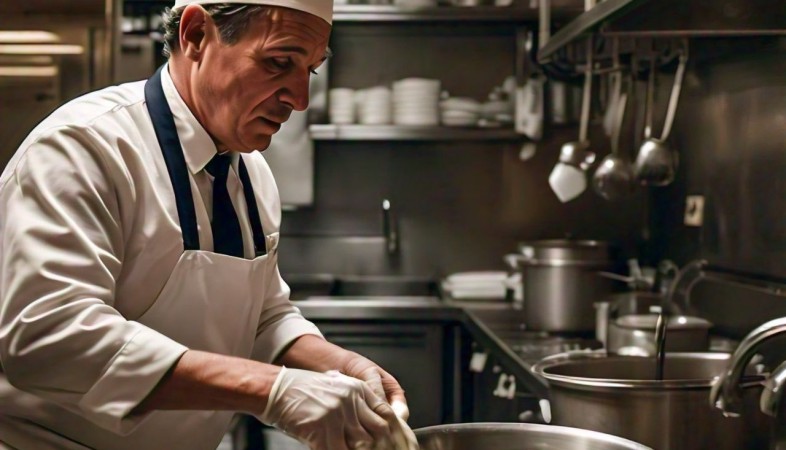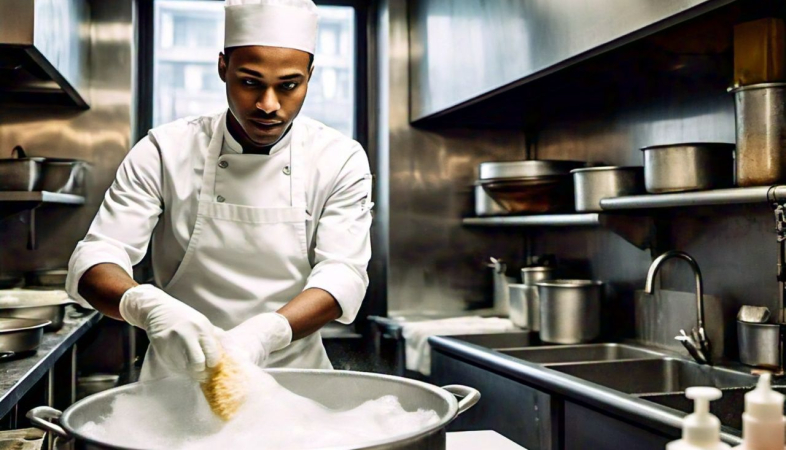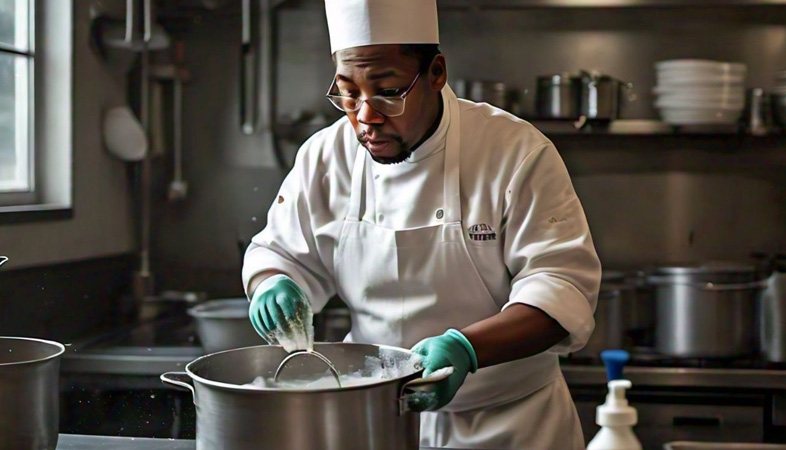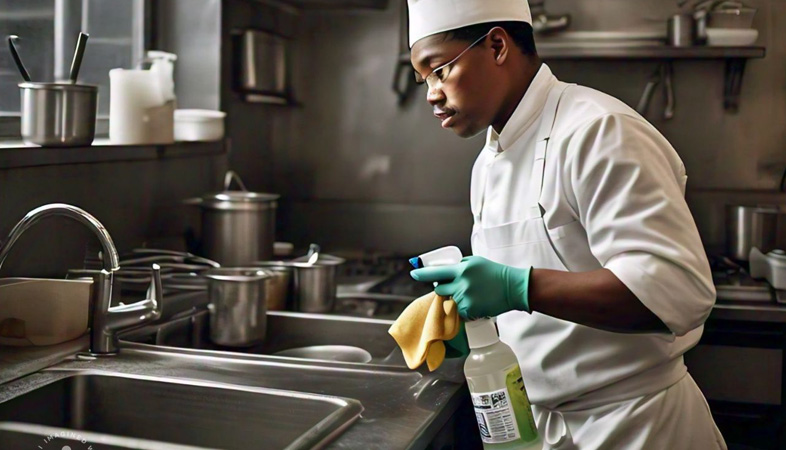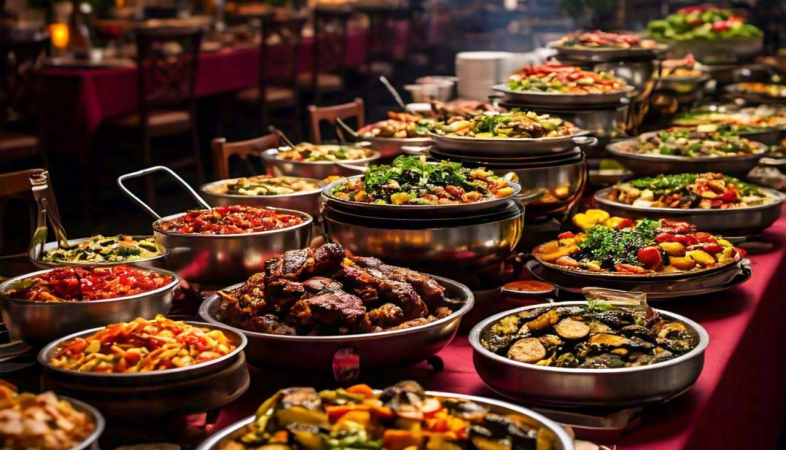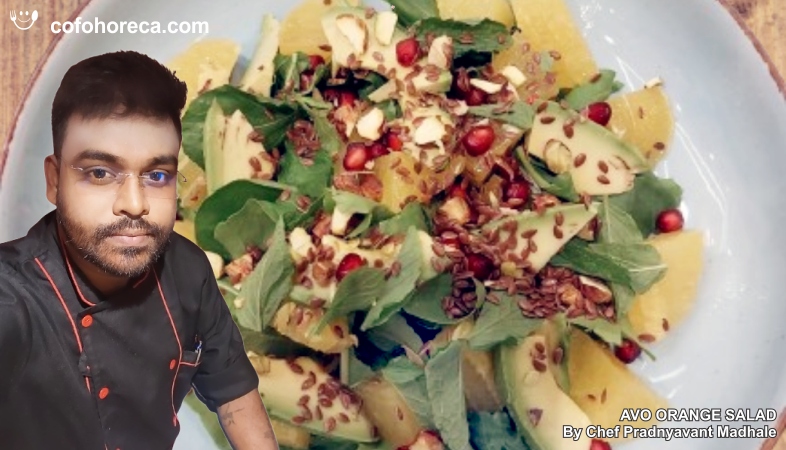SHARE
Commercials
More Posts
Feb 13, 2025
Vipin Verma Joins Lemon Tree Hotels as Sous Chef
Apr 10, 2025
Nutritive Mocktails - By Kaustav Dutta
Mar 19, 2025
Avo Orange Salad - By Chef Pradnyavant Madhale
Feb 13, 2025
Vipin Verma Joins Lemon Tree Hotels as Sous Chef
Apr 10, 2025
Nutritive Mocktails - By Kaustav Dutta
Mar 19, 2025
Avo Orange Salad - By Chef Pradnyavant Madhale
Feb 13, 2025
.png)






